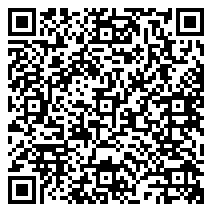

Petroleum Production Optimization & Artificial Lift Systems is a critical field that drives efficiency, maximizes oil well productivity, and ensures sustainable operations. Success in production management depends on a combination of accurate performance analysis, selecting the right artificial lift method, and applying advanced strategies to control flow rates and manage pressures.
This course provides participants with in-depth knowledge and practical skills to evaluate production performance, identify operational challenges, and select the most suitable artificial lift system for different reservoir conditions. Through comprehensive training content, participants will learn to develop data-driven optimization plans, enhance operational efficiency, reduce costs, and ensure long-term production sustainability.
The Petroleum Production Optimization & Artificial Lift Systems course offers a complete framework for maximizing production efficiency and sustainability by combining theoretical knowledge with practical applications. It equips participants with the tools and methodologies to choose the best artificial lift techniques, analyze performance, and implement well-structured optimization plans that unlock the full potential of oil wells.
By adopting these strategies, professionals not only improve technical performance but also enhance strategic decision-making to secure long-term success in competitive production environments.
